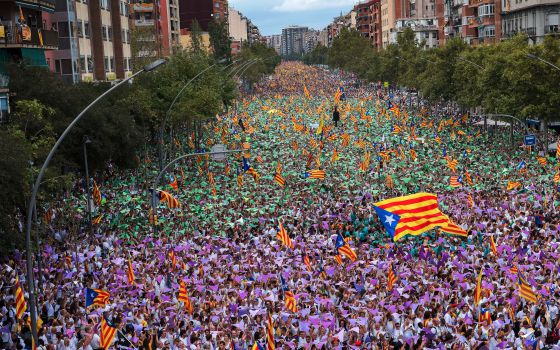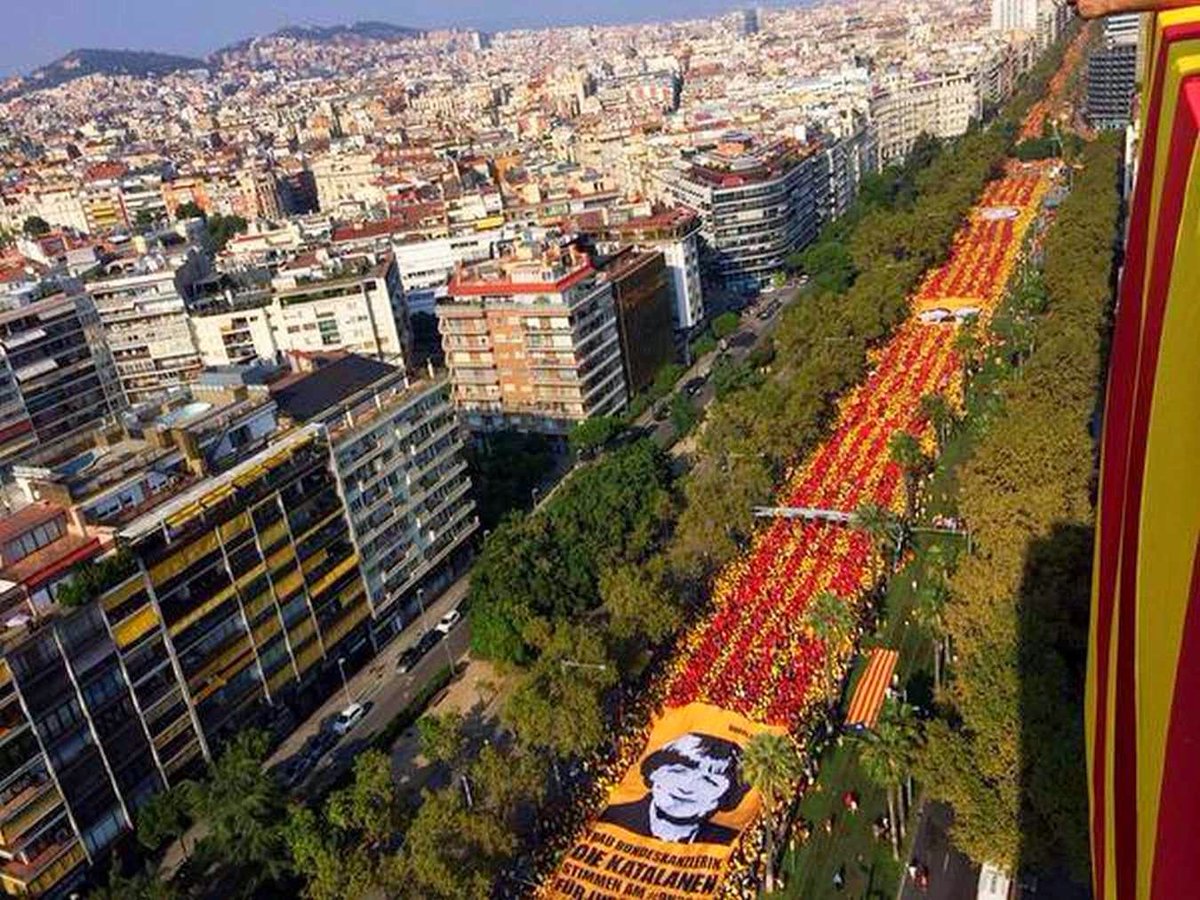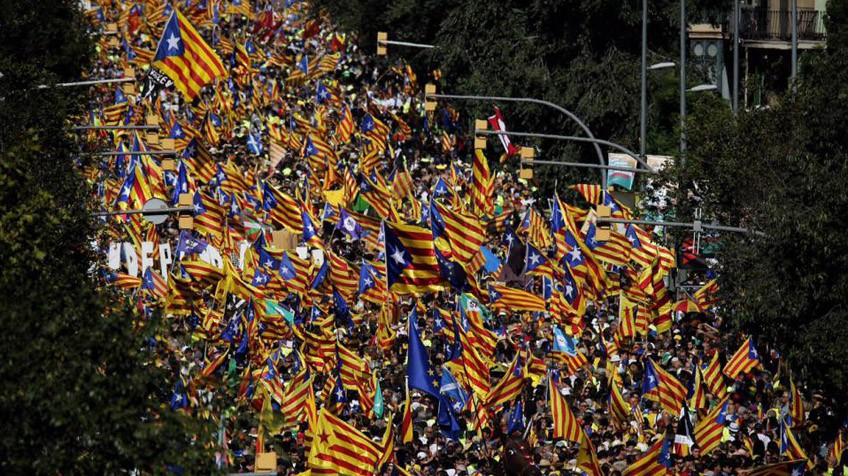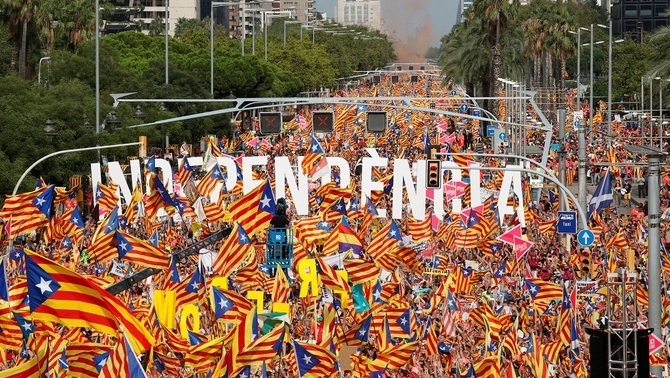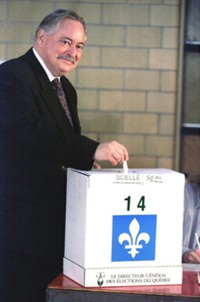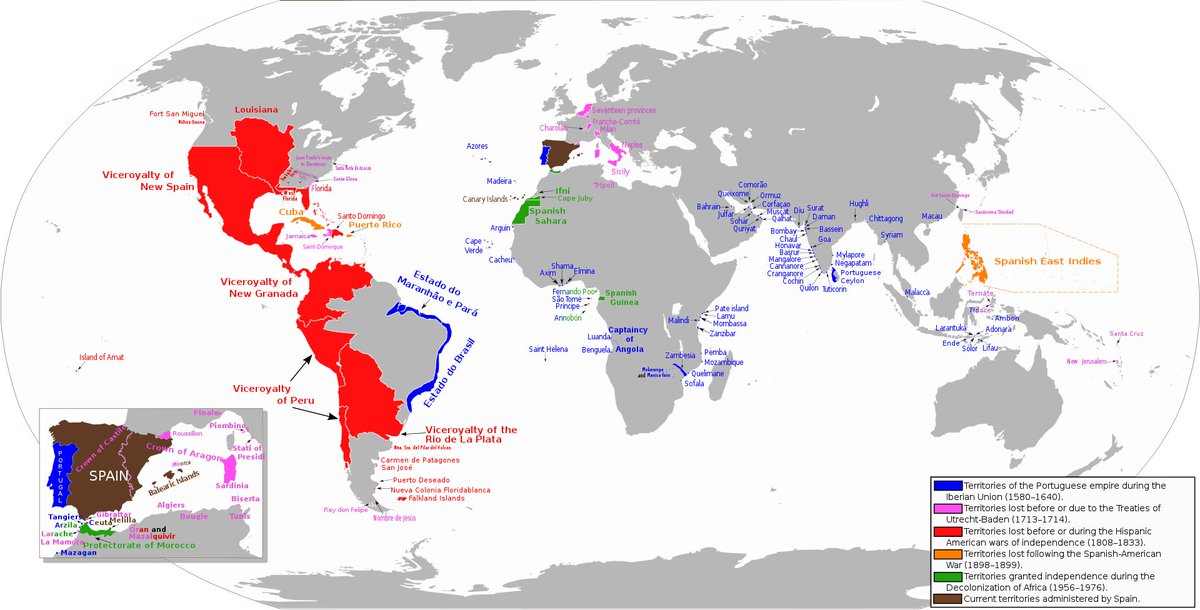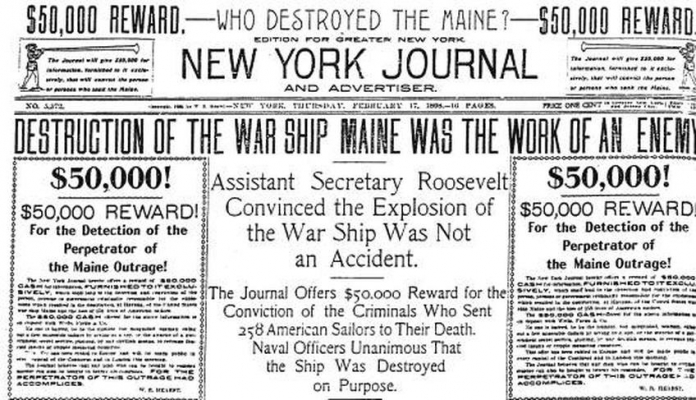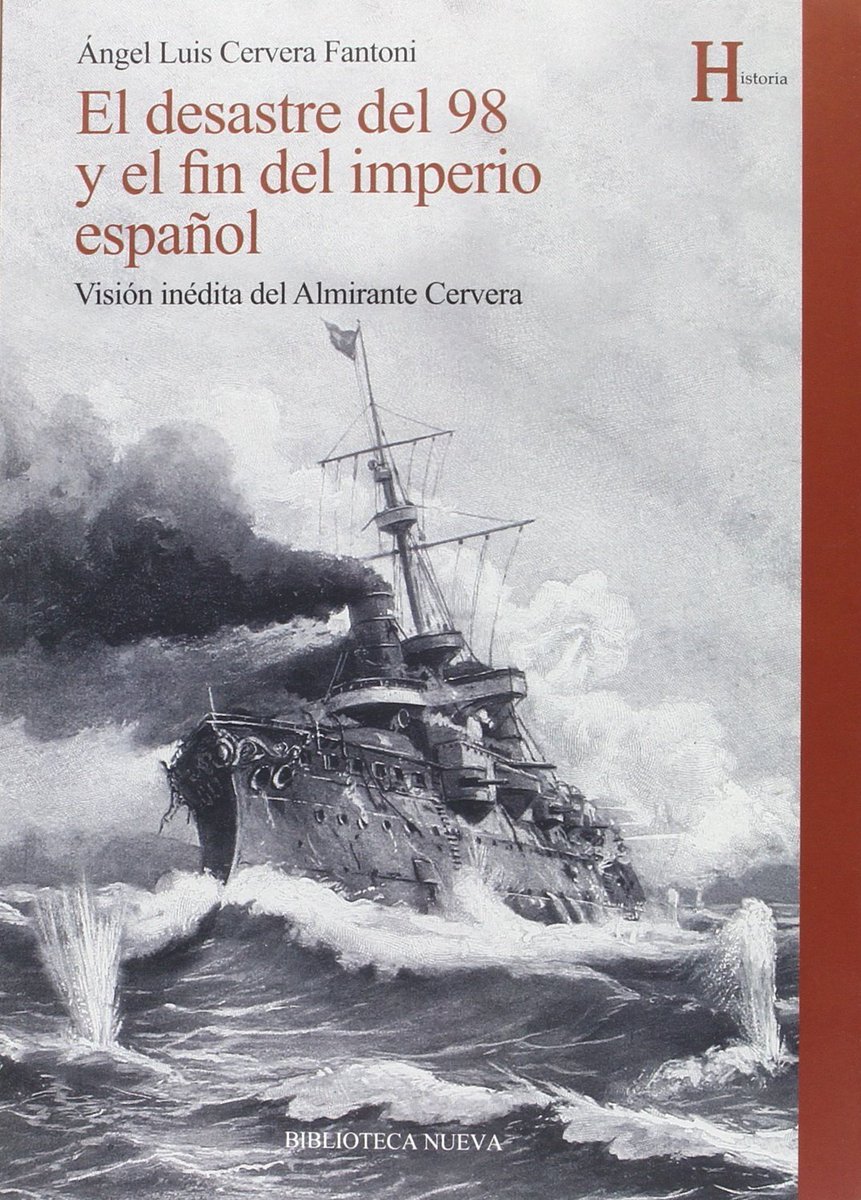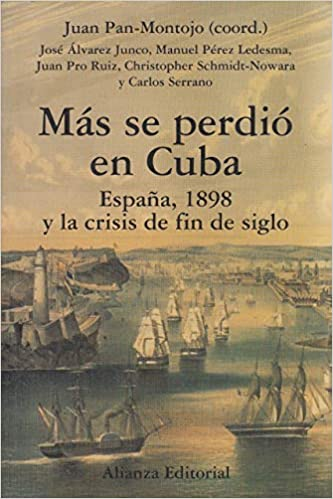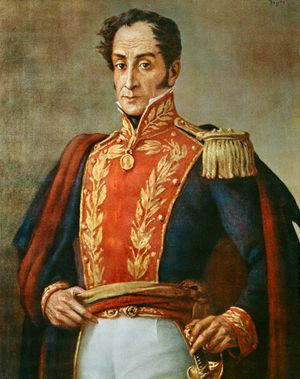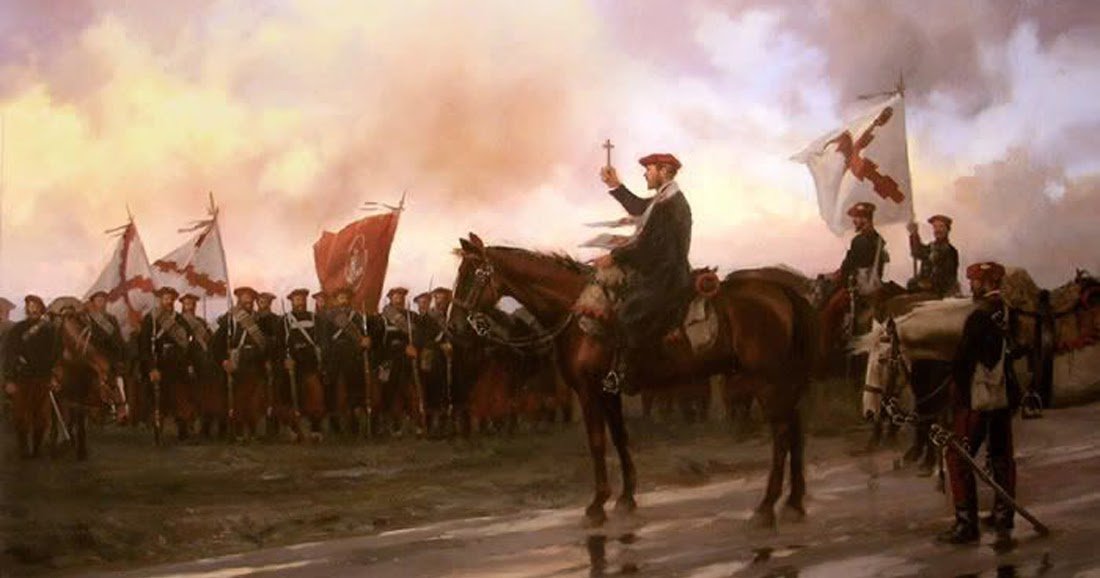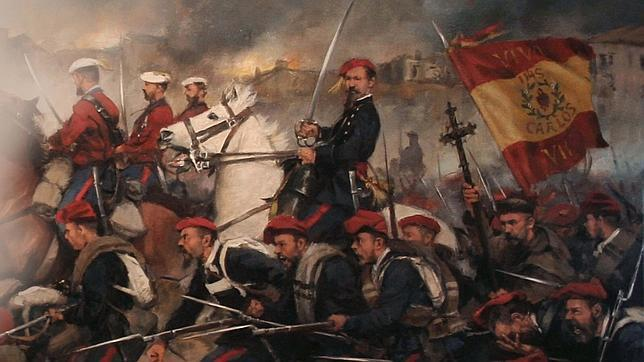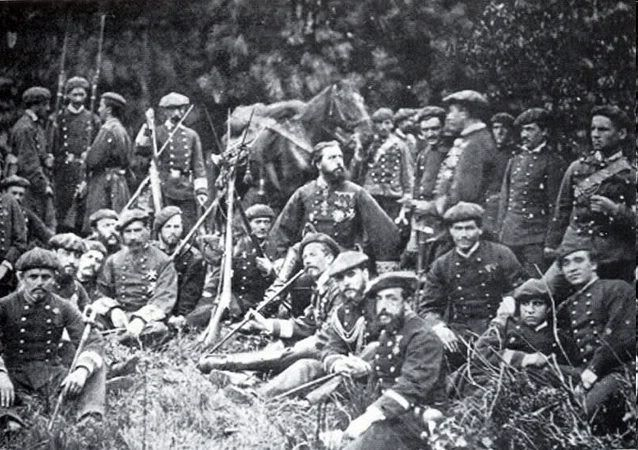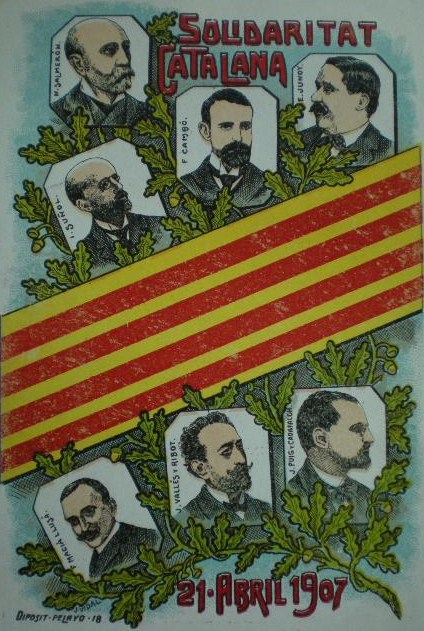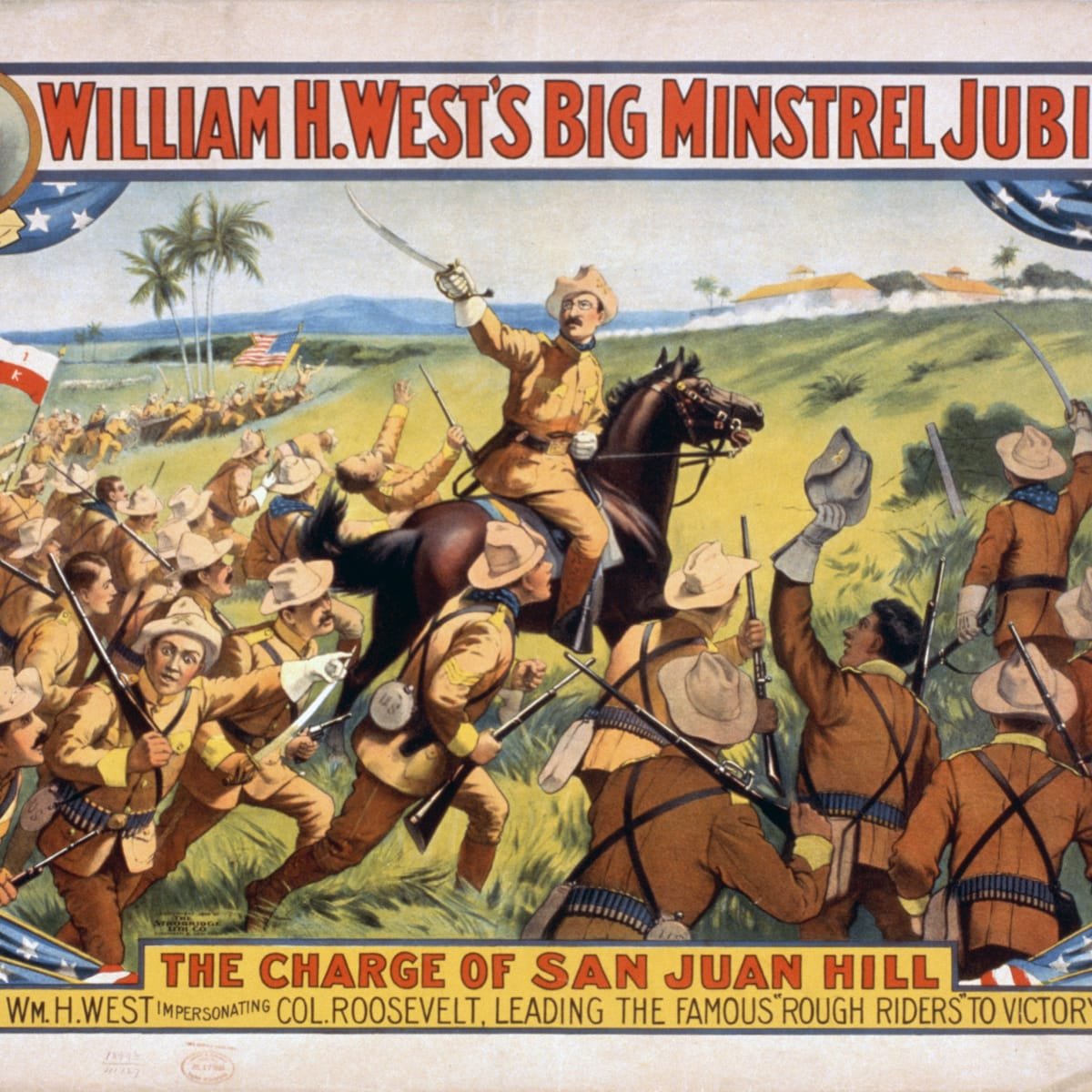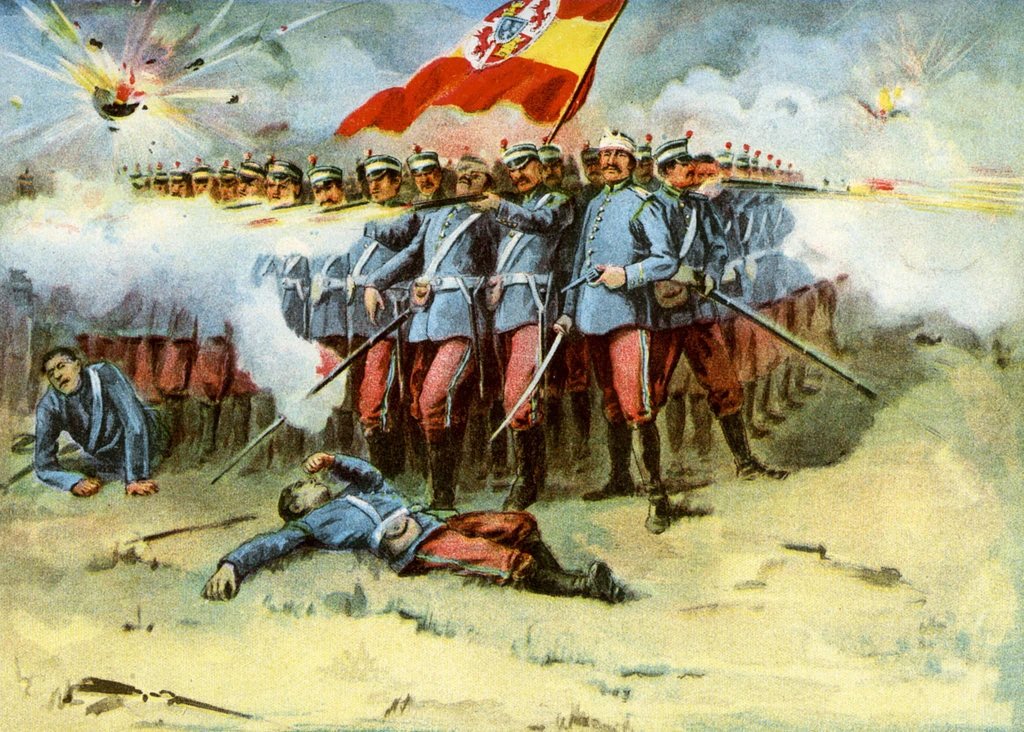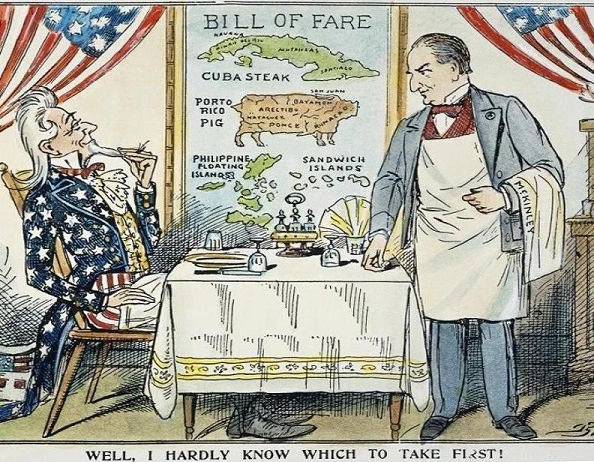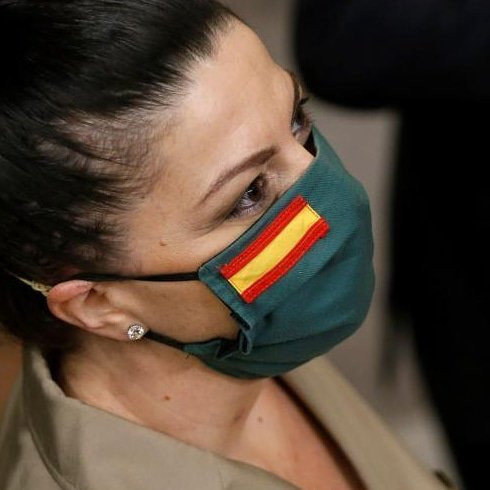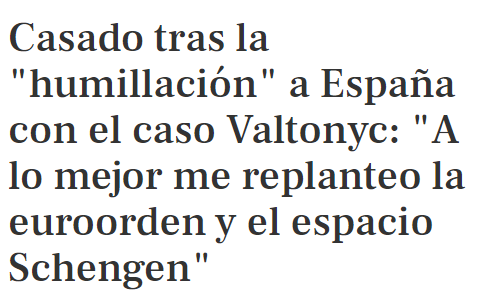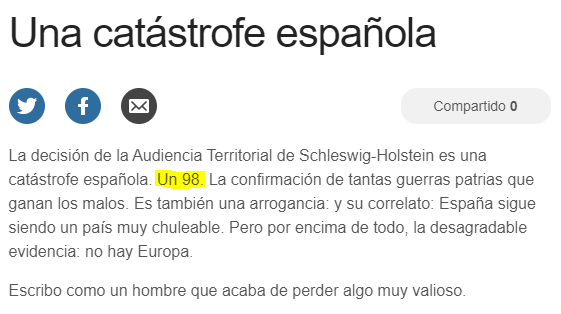Holding the Catalan elections on Valentine’s Day in the middle of a pandemic is proving to be controversial. The big picture is whether pro-independence parties can hold on to power or if a unionist coalition can eject them but there are other little battles at play. THREAD

 These subplots are:
These subplots are: Between ERC, JxC and PSC to top the poll
Between ERC, JxC and PSC to top the poll Between ERC and JxC to be the top Catalan nationalist party
Between ERC and JxC to be the top Catalan nationalist party Between PP and Vox to be the voice of hardline Spanish unionism
Between PP and Vox to be the voice of hardline Spanish unionism
 The elections are a reminder that the Catalan Question, burning since 2012, hasn’t been answered despite the heavy-handed efforts of the Spanish state. It has responded to a political problem with stonewalling, dirty tricks, police brutality, showtrials, jailings and lawfare.
The elections are a reminder that the Catalan Question, burning since 2012, hasn’t been answered despite the heavy-handed efforts of the Spanish state. It has responded to a political problem with stonewalling, dirty tricks, police brutality, showtrials, jailings and lawfare.
 Which brings us to the question of why Spain is so loath to even entertain the idea of Catalonia exercising a right to self-determination? Why, unlike Britain, Canada and France did with Scotland, Quebec and New Caledonia, has it chosen the baton instead of the ballot box?
Which brings us to the question of why Spain is so loath to even entertain the idea of Catalonia exercising a right to self-determination? Why, unlike Britain, Canada and France did with Scotland, Quebec and New Caledonia, has it chosen the baton instead of the ballot box?
 The answer lies in the 19th century. At a time when most major European countries were expanding overseas, carving up Africa, Asia and Oceania, Spain was in retreat. Its empire, the first over which 'the sun never set', disintegrated. And this fed Spanish victimhood.
The answer lies in the 19th century. At a time when most major European countries were expanding overseas, carving up Africa, Asia and Oceania, Spain was in retreat. Its empire, the first over which 'the sun never set', disintegrated. And this fed Spanish victimhood.
 A victimhood driven by grievance – that their empire was ‘stolen’ from them. From English pirates ‘stealing’ the loot Spain had taken from the Americas to the US ‘staging’ the sinking of the Maine in 1898 to provoke the war that lost them Cuba – “the disaster of 98”.
A victimhood driven by grievance – that their empire was ‘stolen’ from them. From English pirates ‘stealing’ the loot Spain had taken from the Americas to the US ‘staging’ the sinking of the Maine in 1898 to provoke the war that lost them Cuba – “the disaster of 98”.
 “Más se perdió en Cuba” is a Spanish saying that’s equivalent to “don’t cry over spilt milk”. It means “More was lost in Cuba”, ie whatever you’ve lost, what Spain lost in Cuba was far worse. Such was the trauma of losing the jewel in the crown.
“Más se perdió en Cuba” is a Spanish saying that’s equivalent to “don’t cry over spilt milk”. It means “More was lost in Cuba”, ie whatever you’ve lost, what Spain lost in Cuba was far worse. Such was the trauma of losing the jewel in the crown.
 The 19th century began with Spain weak but in control of most of Central and South America as well as thousands of Pacific islands. But the humiliating loss of metropolitan territory (Roussillon to
The 19th century began with Spain weak but in control of most of Central and South America as well as thousands of Pacific islands. But the humiliating loss of metropolitan territory (Roussillon to  in 1659 & Gibraltar to
in 1659 & Gibraltar to  in 1704) showed she was trading on past glories.
in 1704) showed she was trading on past glories.
 Then, in 1808, disaster struck and Napoleonic France invaded, conquered and occupied Spain for six years. The colonies saw the motherland's weakness and began to declare independence.
Then, in 1808, disaster struck and Napoleonic France invaded, conquered and occupied Spain for six years. The colonies saw the motherland's weakness and began to declare independence.  ,
,  and
and  kicked off in 1810… By 1826, only
kicked off in 1810… By 1826, only  and
and  remained Spanish in the Americas.
remained Spanish in the Americas.
 While the rest of Europe began nation building and industrialising after the defeat of Napoleon, Spain retreated to decades of introspection and civil war – there were four, lasting a total 17 years. It reached the end of the century exhausted and impoverished.
While the rest of Europe began nation building and industrialising after the defeat of Napoleon, Spain retreated to decades of introspection and civil war – there were four, lasting a total 17 years. It reached the end of the century exhausted and impoverished.
 Coincidentally, while Spain remained backward and didn’t industrialise at anything close to the rate of other European states, two regions did: the Basque Country and Catalonia. Both as a result of local entrepreneurship rather than government policy.
Coincidentally, while Spain remained backward and didn’t industrialise at anything close to the rate of other European states, two regions did: the Basque Country and Catalonia. Both as a result of local entrepreneurship rather than government policy.

 This industrialisation and the mass immigration it attracted from poorer parts of Spain were one of the main causes of the rise of nationalism movements in the Basque Country and Catalonia, as local cultures were perceived to be under threat.
This industrialisation and the mass immigration it attracted from poorer parts of Spain were one of the main causes of the rise of nationalism movements in the Basque Country and Catalonia, as local cultures were perceived to be under threat.

 By the end of the century, Spain was easy pickings for the US, which had been glancing covetous eyes at its remaining possessions, especially Cuba. The disputed sinking of the Maine in Santiago de Cuba was the casus belli that allowed the US to ‘steal’ from Spain.
By the end of the century, Spain was easy pickings for the US, which had been glancing covetous eyes at its remaining possessions, especially Cuba. The disputed sinking of the Maine in Santiago de Cuba was the casus belli that allowed the US to ‘steal’ from Spain.

 The ‘yanquis’ took
The ‘yanquis’ took  ,
,  ,
,  and
and  while a year later, a financially and militarily broken Spain sold the
while a year later, a financially and militarily broken Spain sold the  ,
,  and
and  to Germany. All that was left were
to Germany. All that was left were  ,
,  and
and  in Africa.
in Africa.

 It was in this context of territorial loss, humiliation and backwardness that Basque and Catalan nationalism began to assert themselves. And it’s a determination to never be humiliated again that drives the zealous defence of ‘what’s left’: Catalonia and the Basque Country.
It was in this context of territorial loss, humiliation and backwardness that Basque and Catalan nationalism began to assert themselves. And it’s a determination to never be humiliated again that drives the zealous defence of ‘what’s left’: Catalonia and the Basque Country.

 It was this defence of Spain’s ‘indivisible unity’ that motivated Calvo Sotelo (whose assassination many credit with triggering the Civil War) to claim he preferred Spain ‘red rather than shattered’. Today, Santiago Abascal of far-right party Vox utters the same words.
It was this defence of Spain’s ‘indivisible unity’ that motivated Calvo Sotelo (whose assassination many credit with triggering the Civil War) to claim he preferred Spain ‘red rather than shattered’. Today, Santiago Abascal of far-right party Vox utters the same words.

 And it’s why if you visit many Spanish cities now, you’ll think you’ve landed in country taking part in the World Cup. Flags draped over balconies and facemasks with flags betray an insecure ultranationalism.
And it’s why if you visit many Spanish cities now, you’ll think you’ve landed in country taking part in the World Cup. Flags draped over balconies and facemasks with flags betray an insecure ultranationalism.

 It’s why the leader of Spain’s opposition tweets that Spanishness is one of the best things to ever happen to humanity and it’s why, on top of ones in jail, more than 2,850 non-violent Catalans are awaiting trial for wanting independence from Spain. https://twitter.com/pablocasado_/status/918406384173056000?lang=en
It’s why the leader of Spain’s opposition tweets that Spanishness is one of the best things to ever happen to humanity and it’s why, on top of ones in jail, more than 2,850 non-violent Catalans are awaiting trial for wanting independence from Spain. https://twitter.com/pablocasado_/status/918406384173056000?lang=en

 This latent sense of inferiority is reflected in a fatalistic joke that betrays the lowly status the more nationalistic Spaniards feel they've been accorded. A German, a Briton, a Spaniard and a Frenchman are in a bar, and the Spaniard asks them what they’d like to drink.
This latent sense of inferiority is reflected in a fatalistic joke that betrays the lowly status the more nationalistic Spaniards feel they've been accorded. A German, a Briton, a Spaniard and a Frenchman are in a bar, and the Spaniard asks them what they’d like to drink.

 And the word ‘humiliation’ has been omnipresent in the latest phase of the Catalan Question: Europe / Belgium / Germany ‘humiliate’ Spain by refusing to extradite Catalan exiles. Some even compared it to the loss of Cuba – the ‘disaster of 98’.
And the word ‘humiliation’ has been omnipresent in the latest phase of the Catalan Question: Europe / Belgium / Germany ‘humiliate’ Spain by refusing to extradite Catalan exiles. Some even compared it to the loss of Cuba – the ‘disaster of 98’.

 And those are the reasons why Spain will never countenance a referendum in Catalonia (or the Basque Country).
And those are the reasons why Spain will never countenance a referendum in Catalonia (or the Basque Country). * Naturally, all of the above is my opinion


 Read on Twitter
Read on Twitter